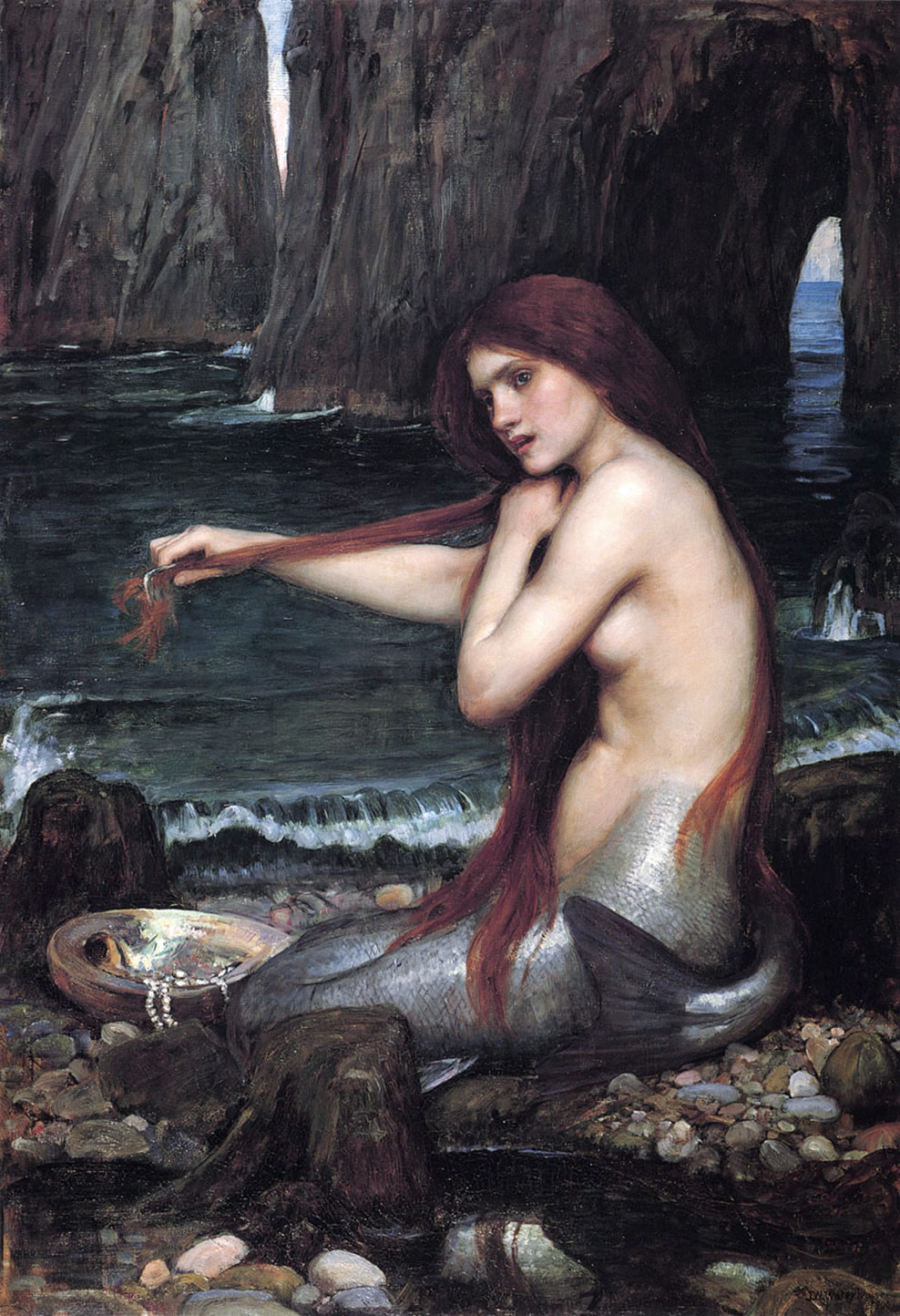
It was interesting that as I was finishing this play it just happened that a Norweigan was sitting opposite me on the train and made a comment about how he didn't think that anybody actually read Ibsen outside of Norway, though he also mentioned that Ibsen is among the four greatest playwrights of Norway (and considering I don't know who the other three are, and that I have heard of Isben, and Peer Gynt, since I read the Secret Diary of Adrian Mole). Obviously to the Norweigans there are probably playwrights that are more popular than Ibsen, but outside of Norway I would have to say that he is the most well known (if not only) playwright. As for Peer Gynt, it is probably his most well known play, even if most people actually don't know what it is about.
Well, the question then arises as to what it is about? Well, it is about a selfish man that lives a selfish life, and ends up dying, not so much alone, but in the arms of a woman that had been waiting for him all of her life, but was never able to live with, or love him. In a way there is a lot of Peer Gynt in many (if not all) of us, and I must say that I suspect there is some Peer Gynt in me as well. The reason that I say this is because Peer Gynt is about selfishness and about how our selfishness ends up blinding ourselves to the world around us. In fact, our desire for ourselves and for our own self satisfaction cuts us off from what the world really can offer us and the enjoyment that we can really experience.
Now, simply because I have read Peer Gynt does not mean that I am going to run back to Adelaide. I don't think that is what I have got out of this play, but what I have realised, as I look back on my life, is how I have missed out on a lot of things (as Peer Gynt did) because I pursued my own selfish desires and got caught up on what I wanted, and cried about what I didn't have, rather than actually taking hold of the joy of what I do have. I am not the only person who has been through this, many of us have, but the difference is that many of us do not look back on our past to really see the mistakes that we have made, and the selfish decisions that have cut us off from really enjoying life. For instance, I bemoaned the fact that I would never have the money to shop in the really fashionable district in Naples yet was blind to the fact that I was actually in Naples. Would it not have been better to have enjoyed the fact that I was in Naples rather than crying about what I do not have. Similarly, I bemoan the fact that I will probably never be able to own a BMW or a Mercedes, yet ignore the fact that in reality I probably don't actually want a BMW or a Mercedes. Okay, I many not be able to afford a 2012 Porshce Boxster, but I bet (and I have done this) if I look on www.carsales.com I could find a 1978 Porsche 944 that is actually in a reasonable condition.
The imagery of the troll plays prominently in Peer Gynt, and it is suggested that the troll is reflective of our bestial nature. Peer Gynt, in many cases, is a beast, and he succumbs to his bestial side. His dream is to rule the world, and to lead an army of five thousand men, and in a way he reaches that dream, but that dream, in the end, only exists within his imagination in a mental asylum. Certainly he is worshipped as an emperor, but he is only the emperor in his own mind. In fact, there are numerous scenes where Gynt exists only on his own, and while he does not really bemoan anything, he is caught up in that essence of self without actually seeing the world around him.
There are some interesting scenes, such as when he takes the bride and flees into the mountains, only to let go of her and send her back. Certainly, he wants the bride, but when he has her he realises that he does not want her, despite the fact that she wants him. Once again, Peer Gynt only sees his own world and his own desires and is oblivious to the world around him. Similarly it is with the woman who loves him, but while at first he does want her, he decides that he is not worthy for her (for he says that he smells of troll – a realisation that he has succumbed to his bestial nature, his desire for self-fulfilment as opposed to a holistic social fulfilment) and flees. Maybe it is that the bestial nature is what holds him back from truly being able to fulfil his own life.
The Norweigan on the train said that Ibsen was critical of society, but I do not think it is society that he is being critical of in this play. As I have said, our society is not actually a society at all, but a fractured collection on individuals who move amongst each other with a desire to better there own fortunes and their own nests. Marriages today have pretty much become a sham, which is probably why gay marriage is such a hot topic. Many Christians campaign against gay marriage because they believe that it will destroy the institution of marriage when in reality the institution of marriage has already been destroyed. It is no longer the biblical concept of two becoming one, but rather two partnering together to use each other to fulfil their own desires, and once those desires have been fulfilled, or are no longer being fulfilled, then the partnership breaks apart. In the end, we no not exist as a community, but rather we exist as a collection of individuals who each live in our own individual reality and fail to see the true reality that exists around us.


 Log in with Facebook
Log in with Facebook 












